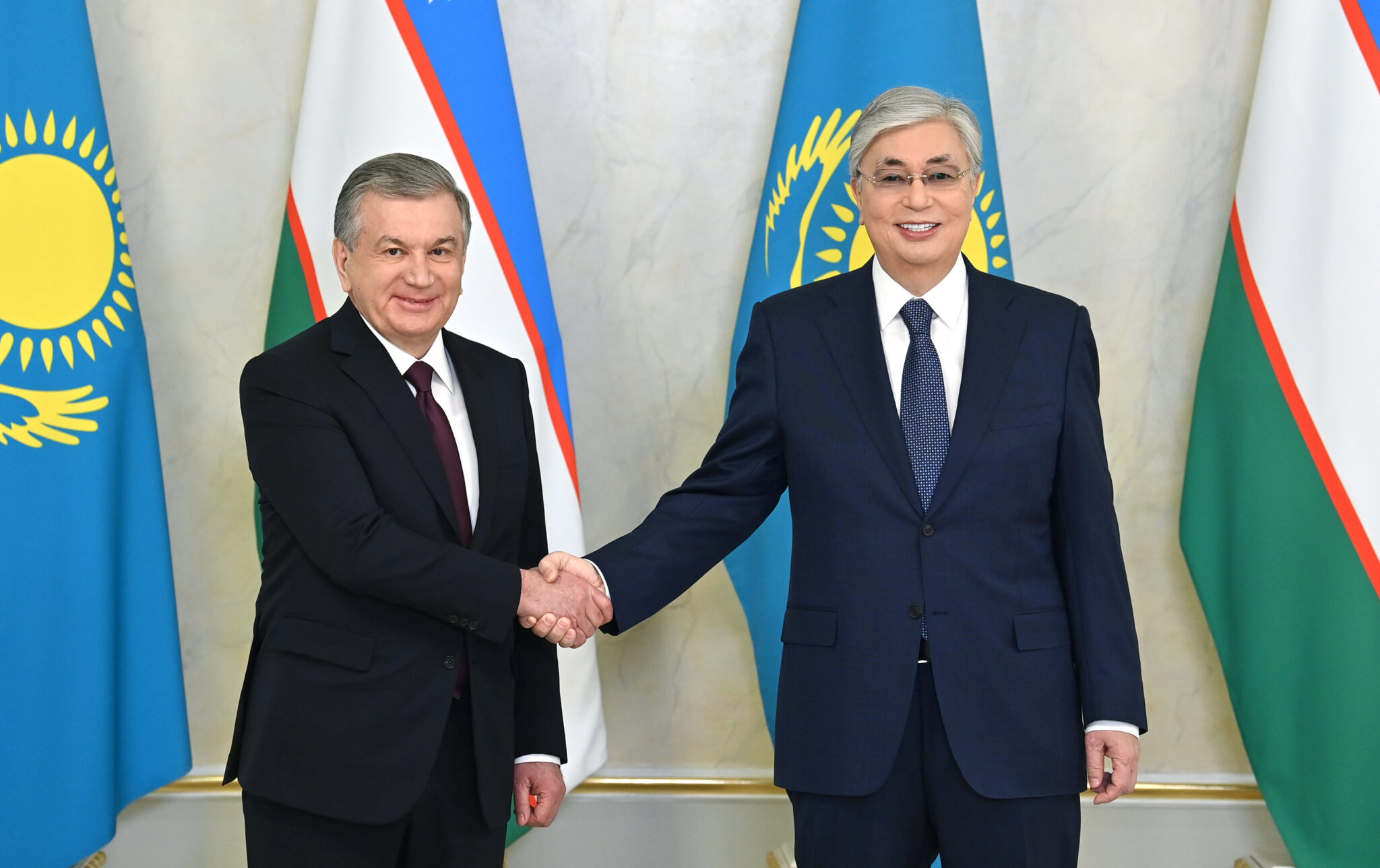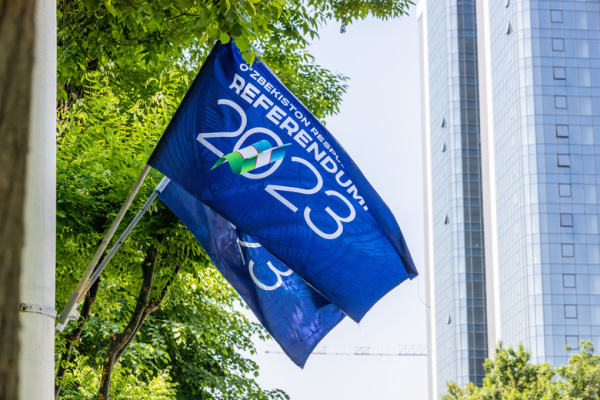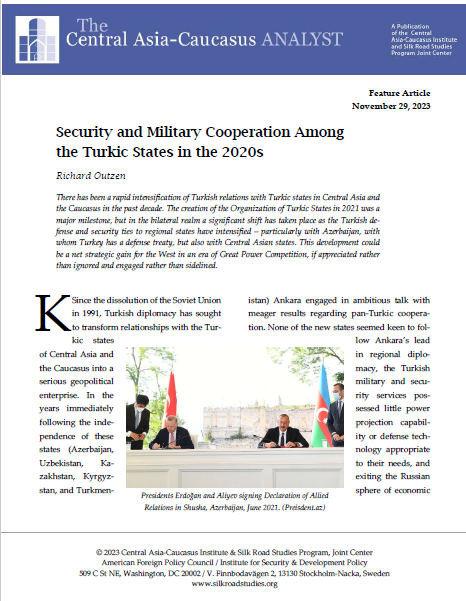Friends at Last: The Rapid Rise of Turkey- Uzbekistan Relations
Svante E. Cornell
May 22, 2024
Turkey and Uzbekistan are the two largest countries in the Turkic world. As a result, the rela- tionship between them is a determining factor for the prospects of Turkic cooperation. For most of three decades, the difficulties in the bilateral relationship was a key impediment to Turkey’s influence in Central Asia. Since 2016, however, the arrival of a new leadership in Uzbekistan coincided with Turkey’s turn in a nationalist direction to provide a major boost toward a more fruitful and cooperative relationship. While Turkey’s relations with Uzbekistan have much ground to make up compared to its ties with Azerbaijan and Kazakhstan, the two states have made it priority to do just that.
Russian Influence in Turkmenistan: Rapprochement or Pragmatism?
Slavomir Horak
January 19, 2024
Turkmenistan underwent a serious rapprochement with Russia in recent years, particularly after the establishment of a ruling tandem with Serdar Berdimuhamedow as a formal president and his father, Gurbanguly Berdimuhamedow, who retained significant influence in Turkmenistan’s domestic and foreign policy. Due to a few viable alternatives, Russia represents the balancing factor for Turkmenistan towards the increasing Chinese influence over the country and the principal supporter of the regime. On the contrary, Turkmenistan remains a loyal partner in the region for Russia, where the most significant players (Kazakhstan and Uzbekistan) expressed their cautious approach towards Russia's advance in Ukraine.
Security and Military Cooperation Among the Turkic States in the 2020s
Richard Outzen
December 8, 2023
There has been a rapid intensification of Turkish relations with Turkic states in Central Asia and the Caucasus in the past decade. The creation of the Organization of Turkic States in 2021 was a major milestone, but in the bilateral realm a significant shift has taken place as the Turkish defense and security ties to regional states have intensified – particularly with Azerbaijan, with whom Turkey has a defense treaty, but also with Central Asian states. This development could be a net strategic gain for the West in an era of Great Power Competition, if appreciated rather than ignored and engaged rather than sidelined.
Chessboard No More: the Rise of Central Asia’s International Agency
By Svante E. Cornell and S. Frederick Starr
October 3, 2023
Central Asia is often portrayed through metaphors such as a “Grand Chessboard” or a “Great Game,” which suggest that the players in the game are the great powers, and the Central Asian states are merely pawns in this game. This might have been a plausible argument thirty years ago. But today, thirty years into independence, it is abundantly clear that Central Asian states have agency at the regional and even global level.

Uzbekistan’s Constitutional Referendum
By Farkhod Tolipov
June 14, 2023
On April 30, 2023, Uzbekistan held a referendum on amendments to the country’s Constitution. The referendum was preceded by an ambitious propaganda campaign calling on people not to be indifferent and to actively participate in the referendum. However, the controversial text of the draft Constitution appeared to be worked out in closed cabinets of the Constitutional Commission without broader engagement of experts and civil society representatives. Loud propaganda, in the spirit of Soviet tradition, contrasted with the silence of ordinary citizens and their very low level of awareness of the content of the document subjected to the vote.









 Book S. Frederick Starr and Svante E. Cornell,
Book S. Frederick Starr and Svante E. Cornell,